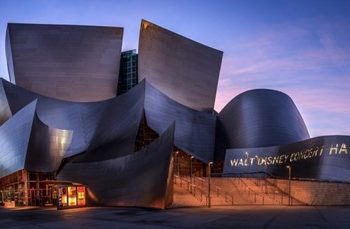Impact of climate change
Climate change is causing massive changes in our environment. These include rising temperatures, melting ice in the polar regions, more extreme weather like heavy storms (resulting in floods) and heatwaves (a period of extremely hot weather), and rising sea levels. These changes affect everyone — our ecosystems, economies, and communities across the world.
What causes climate change?
The main cause of climate change is the increase in greenhouse gases such as carbon dioxide (CO2), mainly from burning fossil fuels (coal, oil, and gas) for transportation, generating heat and electricity, cutting down forests, and industrial activities such as production of cement, iron, steel, electronics, plastics, clothes. Other gases like methane from farming and waste also add to the problem.
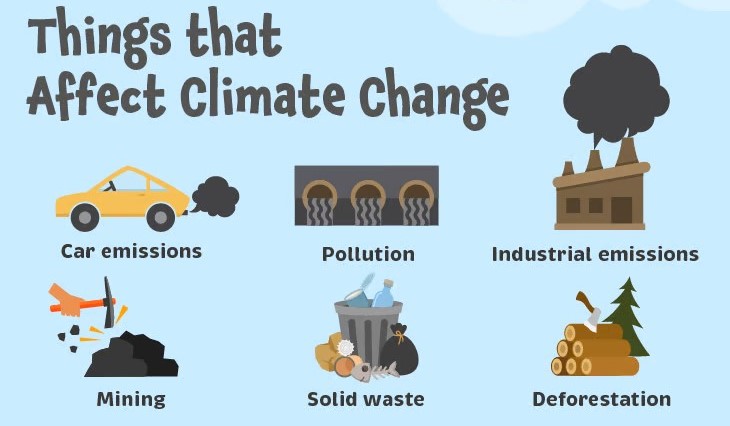
Figure 01 – © greenmatch
Who are affected?
Not everyone is equally affected by climate change. Poorer countries and communities, especially those in developing regions, are more vulnerable because they have fewer resources to protect themselves and adapt to these changes. Areas like small islands, coastal regions, and places that often face extreme weather are at greater risk.
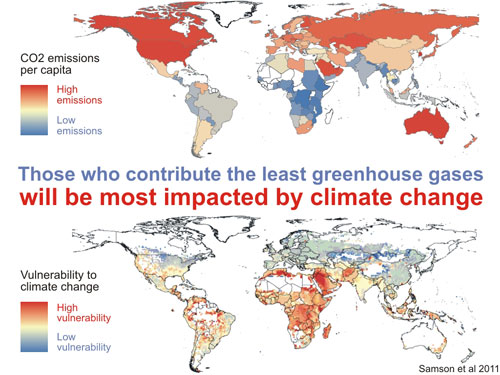
Figure 02 – © skepticalscience
How does it affect people in the Asian region?
Asia, where over half of the world’s population lives, is particularly at risk from climate change. The region is already seeing more severe typhoons, floods, heatwaves, and droughts. Rising sea levels threaten coastal cities like Bangkok, Manila, and Jakarta. Changes in rainfall and higher temperatures are also making it harder to grow crops, which could lead to food shortages and increased poverty.
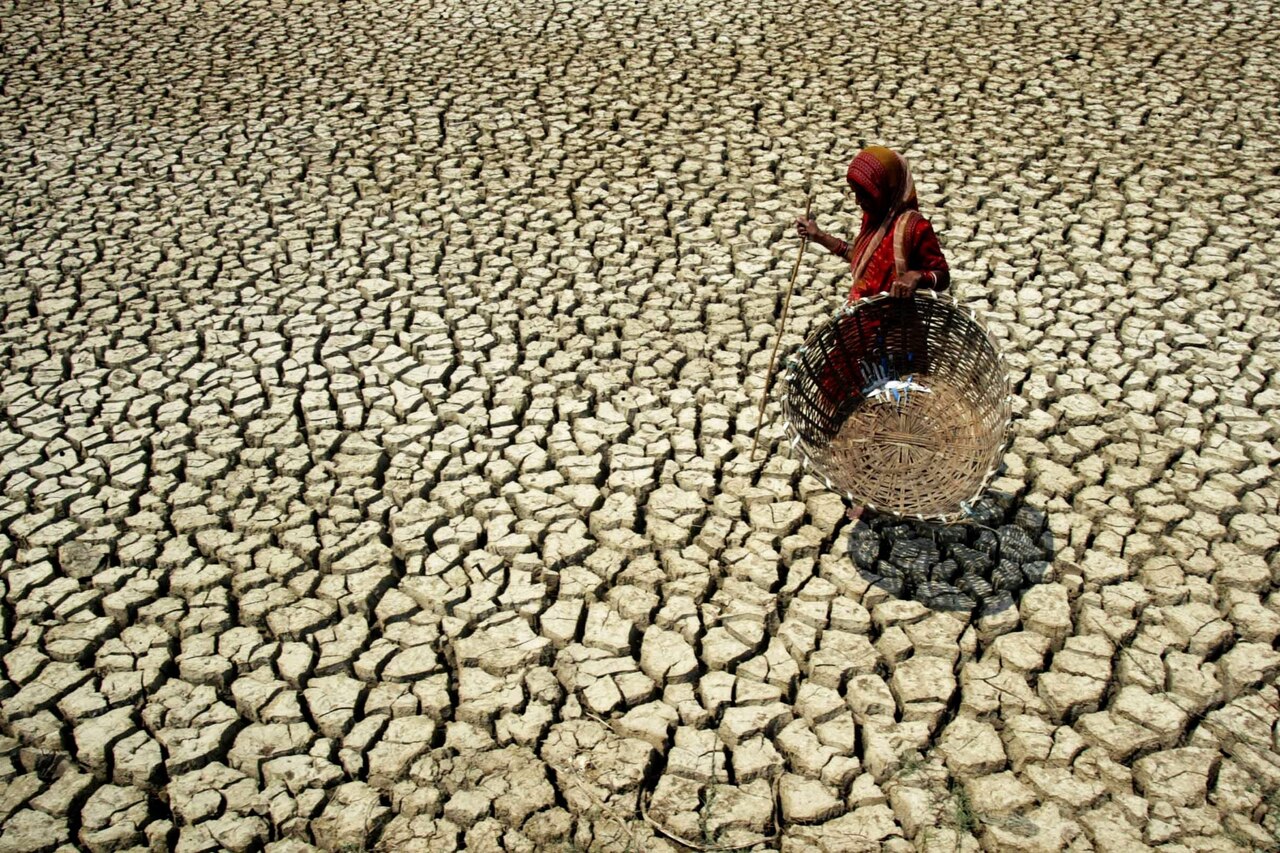
Figure 03 – © Biswaranjan Rout
Is it just a hot topic?
Climate change is not just a trending issue people talk about; it’s a serious and ongoing crisis that affects our entire planet. It is getting a lot of attention now because the impacts are becoming more visible and urgent. Global efforts, like the Paris Agreement, aim to tackle climate change, but collaborative local and regional action is needed to address the problem effectively.
What does it have to do with your lifestyle?
Climate change is closely linked with how we live our daily lives. The energy we use, the food we eat, resources that we use to build our houses, how we travel and the waste we generate, all contribute to climate change. By using less energy, choosing renewable energy sources, eating locally and sustainably and reducing waste (by using resources responsibly, reusing and recycling), each of us can make a difference. Additionally, advocating for systemic changes — like sustainable urban planning and renewable energy policies — can amplify these efforts. In short, the fight against climate change begins with individual choices, but requires collective action.
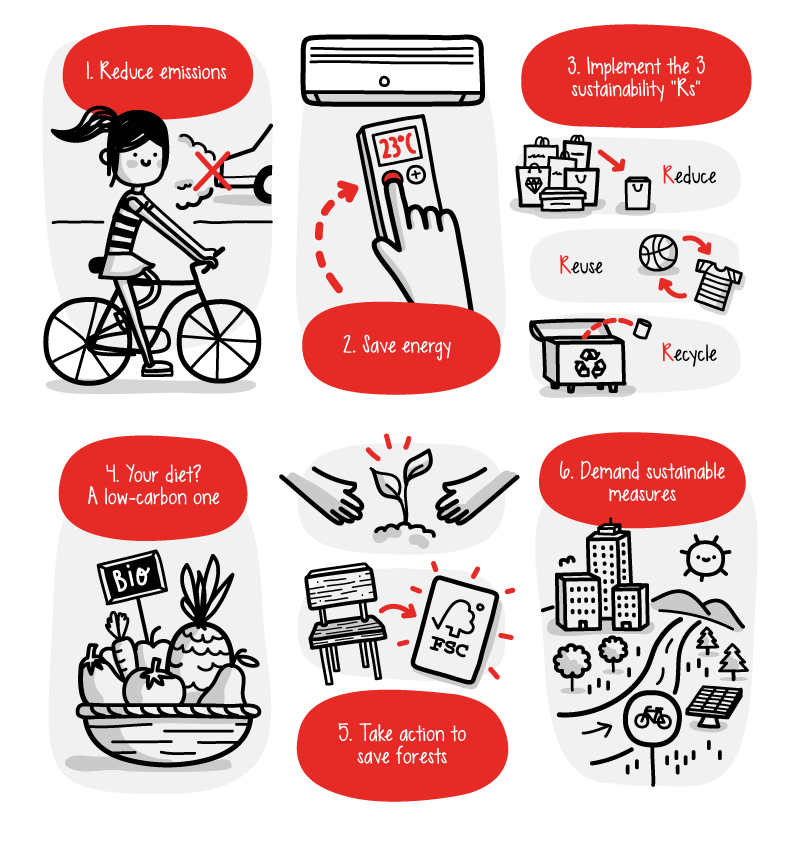
Figure 04 – ©activesustainability
Reference links:
Figure 01 : https://www.greenmatch.co.uk/blog/kids-climate-change
Figure 02 : https://skepticalscience.com/graphics.php?g=15
Figure 04 : https://www.activesustainability.com/climate-change/6-actions-to-fight-climate-change/







